As a modern Catholic, one of my daily struggles is figuring out how to live in the world in a meaningful and impactful way. Every time I approach the altar I offer up the same prayer: “Jesus, help me be your light to the world.” I want to be His witness in every practical way I can. As a mother and wife, I know how to do that. I love. I discipline. I share a life with my husband that strives for heaven as its goal. But as a citizen, being a witness is more complicated. How do I interact with modern politics in a way that satisfies my communion prayer to be Christ’s light to the world?
With my own family as an immediate indicator, it is clear that even among Catholics the response to this question is wildly divergent. I have family members who readily support the current White House administration while others like myself go to bed with anxiety-caused stomach aches every night out of fear of where the next day will take us. There is no meeting point between us and yet both sides would argue our political principles are faith-based, which cuts to the marrow of the question: Where do we as Catholics find political truth? How do we make decisions about where the state, citizen, and faith intersect?
For me a start to that answer is the example of Blessed Pier Giorgio Frassati, a modern holy person on his way to sainthood who was deeply influenced by Pope Leo XIII’s revolutionary encyclical, Rerum Novarum (On Capital and Labor).
Because of his background it is Frassati who best speaks to the concerns of modern American politics. In 1901 in Turin, Italy Pier Giorgio Frassati was born into a wealthy agnostic newspaper family. His father, Alfredo Frassati, owned the newspaper La Stampa, which is still in print today. Pier Giorgio learned a good deal from his anti-fascist father who served both in the Italian senate and as ambassador to Germany before resigning in opposition to Mussolini.
But Frassati’s greatest teachers were Christ and the poor. Despite a lack of instruction at home, even at an early age young Pier Giorgio showed an earnest love for Jesus. When a shoeless man came begging at the gate of his family’s estate, Pier Giorgio gave him his own shoes and begged his mother to give the beggar more. At age 10 he received his first communion. From that point on Frassati vigorously pursued a personal relationship with Jesus, whom he visited at adoration and daily Mass. Like many saints before and after him, where he met Christ most regularly was in the poor.
Frassati joined countless organizations such as the St. Vincent de Paul Society, where he tirelessly gave of himself and his money. When he graduated from school his father offered him a car or money; Frassati took the money so he could give it to the poor. But it was not simply a matter of writing a check for Frassati. According to his sister Luciana, “Catholic social teaching could never remain simply a theory with Pier Giorgio.” She continued, “He gave his whole self, both in prayer and in action, in service to Christ.” Because of this he actively visited the slums of Turin, administering to the needs of destitute families and jobless veterans. Frassati reported to a friend, “I see a special light surrounding the poor and unfortunate, a light that we do not have.” Another friend asked how he tolerated the dirty and smelly conditions of Turin’s slums. Frassati responded, “Jesus comes to me every morning in Communion, and I return the visit by going to serve the poor.”
It was not with merely a child’s passion that Frassati gave himself to the poor. He was a well-educated intellectual whose careful study of Rerum Novarum inspired him to join both Catholic Action and the Italian People’s Party where he was an active force for social justice and the anti-Fascist movement. Frassati said, “To live without faith, without a heritage to defend, without battling constantly for truth, is not to live but to ‘get along’; we must never just ‘get along’.”
Frassati marched, put up posters, and fought off police violence in demonstrations. He believed politics are the duty of Christians and that he had an obligation to fight for institutionalized justice. Perhaps most influential to Frassati was the political tenet the preferential option for the poor which Pope Leo XIII established in Rerum Novarum:
The richer class have many ways of shielding themselves, and stand less in need of help from the State; whereas the mass of the poor have no resources of their own to fall back upon, and must chiefly depend upon the assistance of the State. And it is for this reason that wage-earners, since they mostly belong in the mass of the needy, should be specially cared for and protected by the government.
Frassati fully lived out the command (not option, despite that language) that followers of Christ should always prefer to satisfy the needs of the poor and vulnerable above their own. So closely did he follow this that he contracted poliomyelitis from caring for a sick family, which was the cause of his death at age 24. Even on his deathbed, with a nearly paralyzed hand, he wrote a note reminding a friend to bring medicine to one of the poor who was relying on Pier Giorgio’s care.
At Frassati’s funeral, his family expected the upper-class community to which they belonged to pay their respects. What they did not expect were the thousands of Turin’s poor who lined the streets to pay homage to the man who had served them for seven years, mostly in private. The scope of Pier Giorgio’s devotion to the poor astounded his family because his acts of sacrifice were not advertised. While he encouraged Godliness with all who knew him, he did not shout his good deeds from a megaphone. He did those things because he had God in his heart. He gave of himself and his earthly riches because he knew that they would hurt more than help.
An avid mountaineer, Frassati was photographed shortly before his death atop a mountain with the caption, “Verso l’alto,” or “To the heights.” While I can’t say that the example of Frassati gives me an absolute answer to the question of whom I should support in public office or how I should participate in politics, his devotion to the poor and willingness to physically fight on the front lines against forces antagonistic to the most vulnerable is a good start. And lastly is that final reminder from Frassati, that goal of keeping our eyes upward, to the heights, verso l’alto! With a heavenward gaze and the example of Frassati’s life behind me, my questions about who I am called to be as a citizen start to take shape.
This article also appears in the November 2017 issue of U.S. Catholic (Vol. 82, No. 11, pages 45–46).


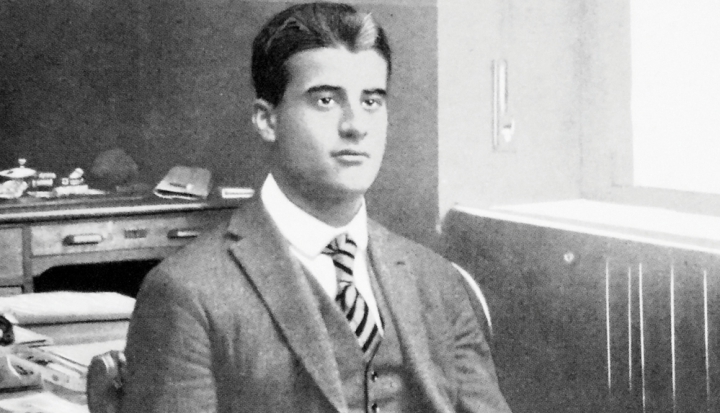


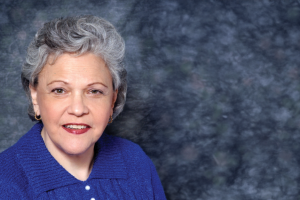
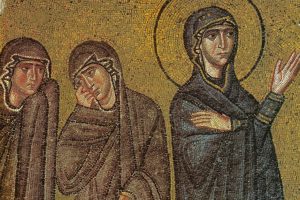
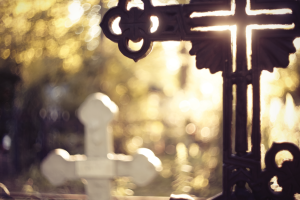




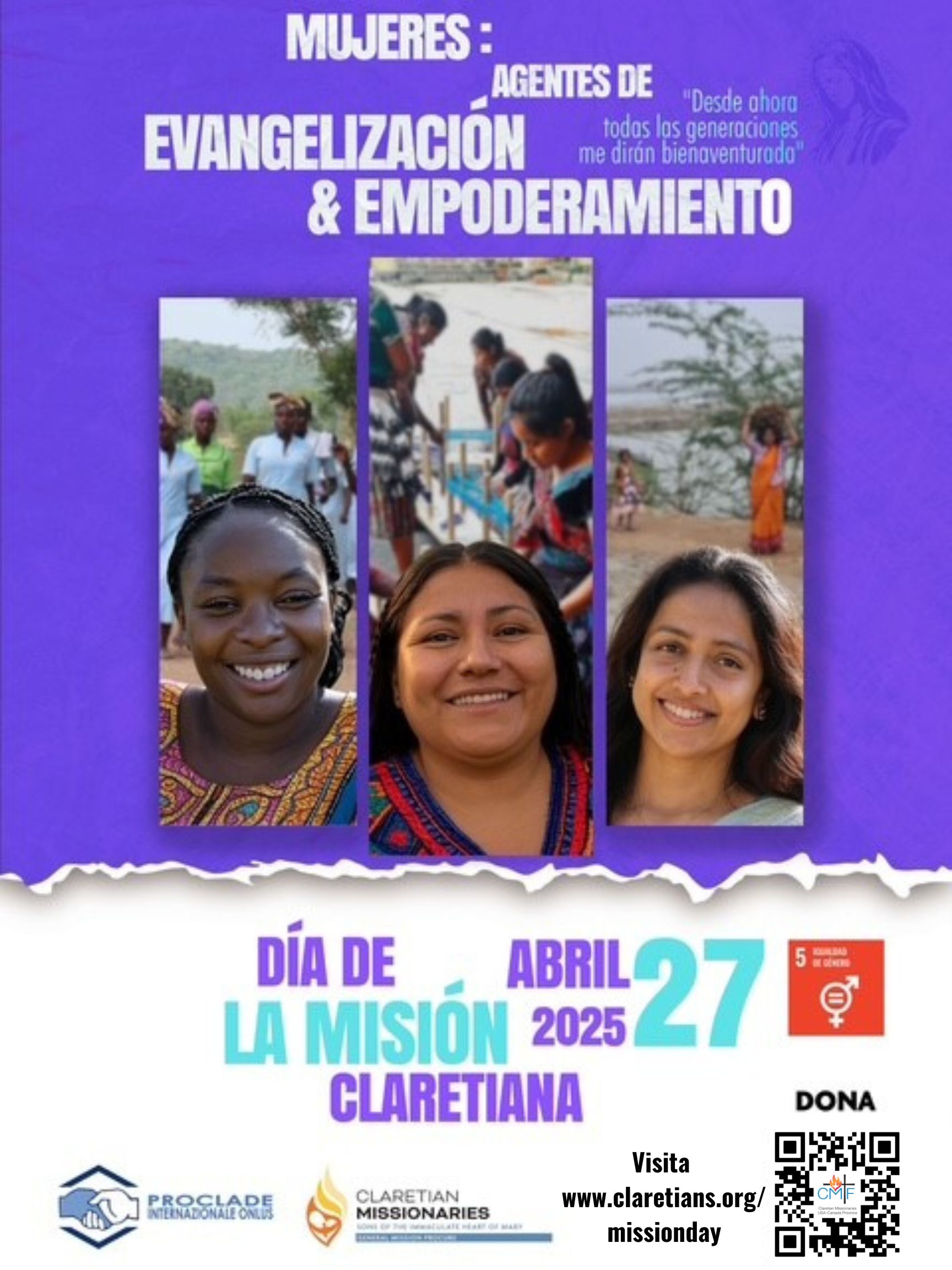
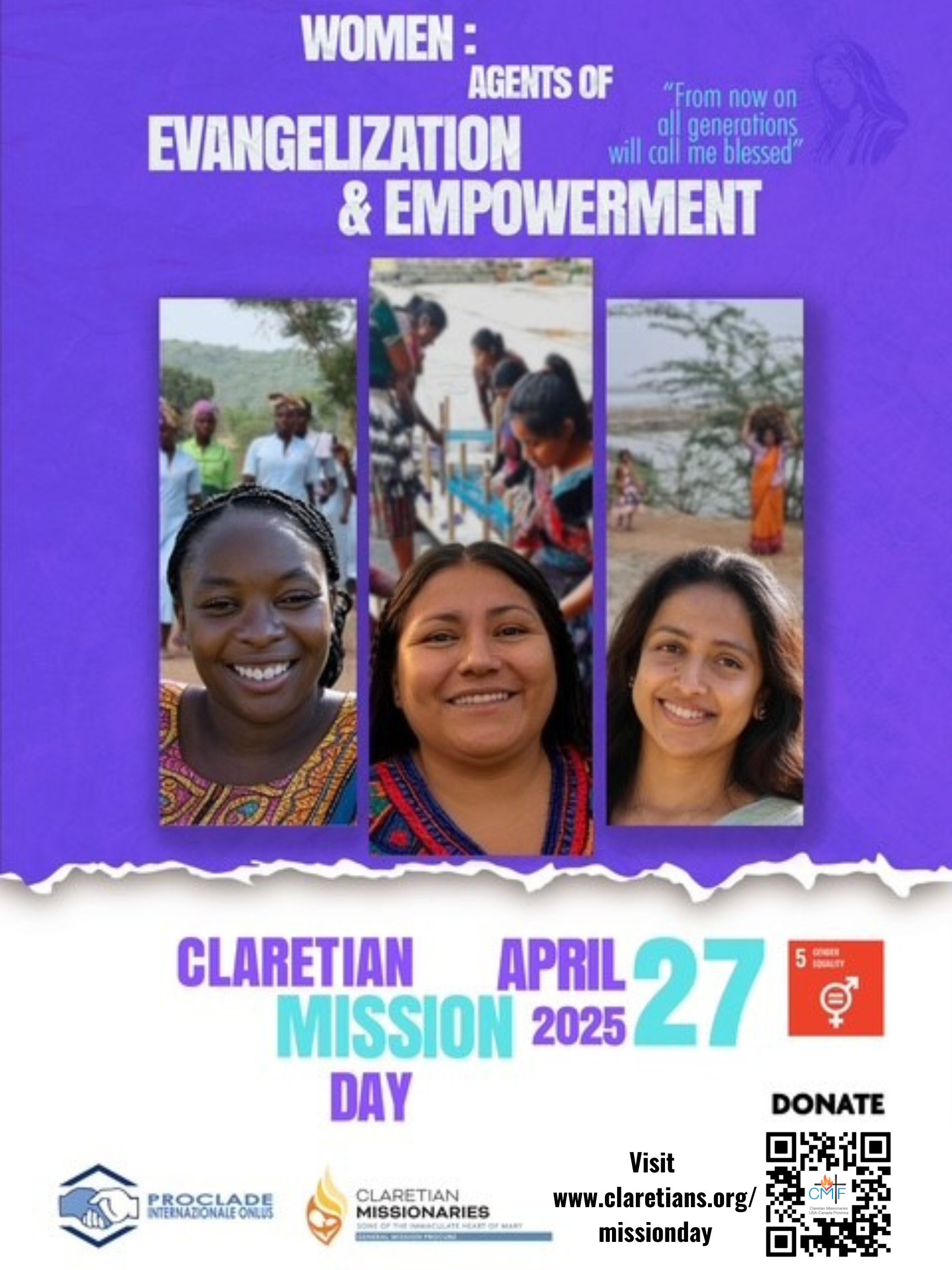
Add comment